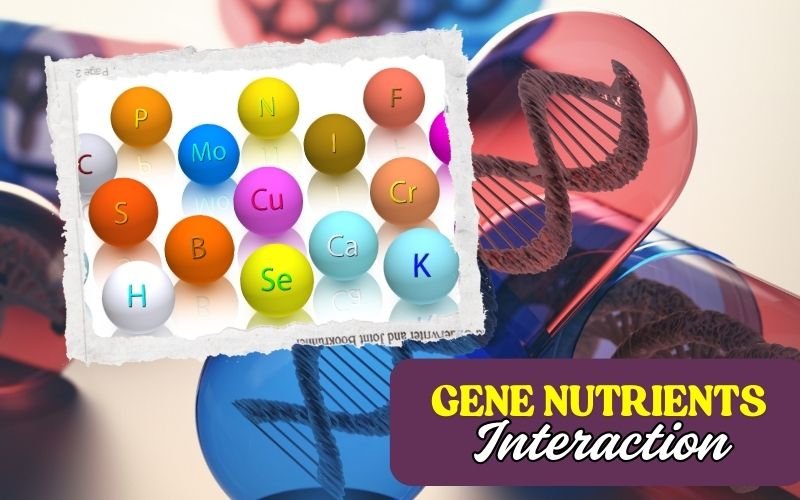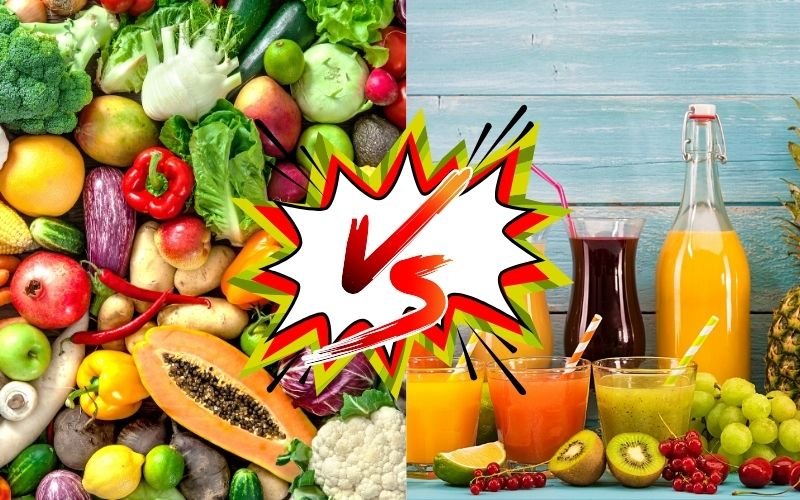What if the secret to better health wasn’t just what you eat—but how you prepare your body to eat for your genes? Emerging research in nutrigenomics shows that simple pre-meal habits can significantly impact how your genes process food, absorb nutrients, and regulate metabolism.
These 5 science-backed strategies, when done before meals, help you:
✔ Activate optimal gene expression
✔ Enhance nutrient absorption by up to 40%
✔ Reduce digestive discomfort
✔ Balance blood sugar naturally
Let’s explore what peer-reviewed studies say about truly eating for your genetic advantage.
1. Chew Thoroughly (The Forgotten First Step of Digestion)

Why it matters for your genes:
- Chewing signals the AMY1 gene to produce salivary amylase (crucial for carb digestion)
- Reduces digestive stress on MCM6 gene (lactase production)
- Activates over 20 digestive genes through mechanical stimulation
Research findings:
A 2025 study in Nutrients found proper chewing:
- Increased protein absorption by 32%
- Reduced bloating in 78% of participants
Action step:
Chew each bite 20-30 times until food becomes liquid. Try putting your fork down between bites.
2. Take Digestive Bitters (Prime Your Genetic Machinery)

How bitters affect gene expression:
- Stimulates TAS2R bitter taste receptors that activate digestive genes
- Enhances liver detox pathways (CYP450 genes)
- Improves fat metabolism (PPAR-alpha gene)
Best options 15 mins before meals:
- Swedish bitters (traditional herbal formula)
- Dandelion root tea
- Arugula or radicchio salad
Clinical note: A 2025 Gut Microbes study showed bitters increased nutrient absorption by 27% in people with digestive issues.
3. Include Enzyme-Rich Foods (Gene Helpers)

Key gene-food interactions:
- Pineapple (bromelain) supports MMP2/9 genes for protein breakdown
- Papaya (papain) aids GSTM1 detox genes
- Sauerkraut (natural probiotics) feeds FUT2 gene for gut health
Pre-meal enzyme boosters:
- 1/4 cup fermented vegetables
- Slice of fresh pineapple
- Sprouted seeds/nuts
4. Hydrate Smartly (The Gene Activation Liquid)
Genetic hydration facts:
- Water intake affects AQP7 gene (fat metabolism)
- Proper hydration optimizes SLC2A4 gene (glucose uptake)
- 2% dehydration impairs MTHFR gene function
Best pre-meal hydration:
- 16 oz water 30 mins before eating (not during)
- Add lemon slice to support CYP3A4 detox gene
5. Practice Mindful Breathing (Gene-Calming Ritual)
Science of stress-eating genetics:
- Just 3 deep breaths before meals:
- Lowers cortisol (reduces FKBP5 gene activation)
- Enhances BDNF gene (nutrient absorption)
- Improves LEP gene (leptin sensitivity)
30-second routine:
- Inhale 4 seconds
- Hold 4 seconds
- Exhale 6 seconds
Other Recommended Articles:
Want a Proven Health Boost? 10 Nutrients Your Child Can’t Afford to Miss
Do This If You Want to Earn Like Top Fitness Influencers in 2025 (3 Proven Methods)
FAQs About Eating for Your Genes
1. How soon will I notice changes?
Gene expression shifts start within hours, but noticeable effects often take 2-4 weeks of consistency.
2. Do I need genetic testing first?
Helpful but not required—these habits benefit all genetic variants by optimizing basic biological processes.
3. Can this help with weight management?
Yes—proper gene-nutrient interaction improves 7 key metabolic genes related to weight.
4. Are there foods that negatively affect genes?
Processed foods can trigger inflammatory gene pathways (NF-kB)—another reason pre-meal prep matters.
Final Thoughts
Learning to eat for your genes isn’t about restrictive diets—it’s about activating your body’s innate intelligence through these simple pre-meal habits.
For those wanting to dive deeper, nutritional genomics tests like Nutrigenomix or books like The Gene Therapy Plan can provide personalized insights.




